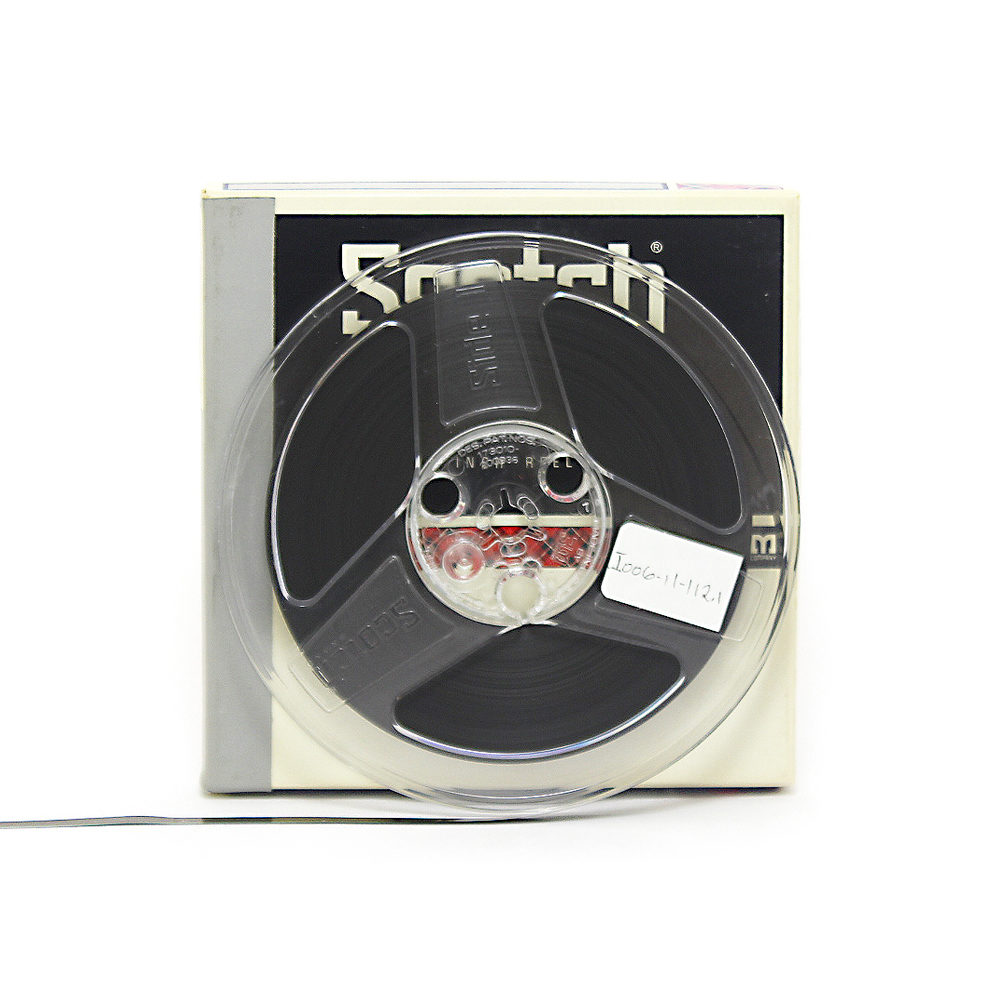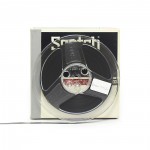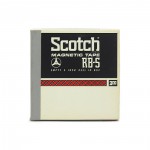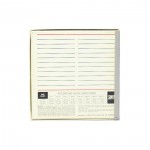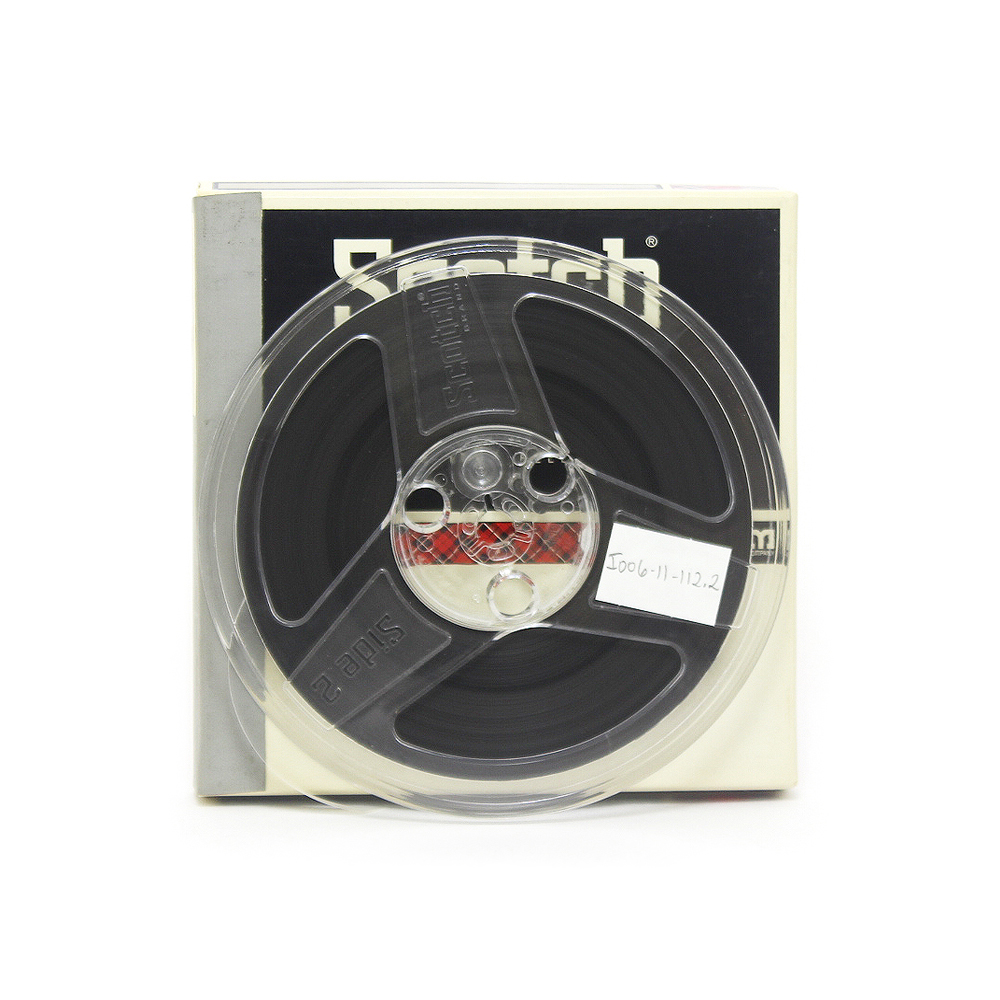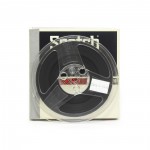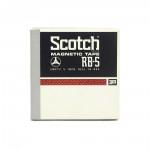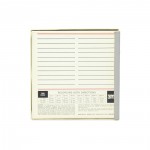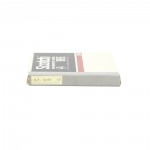F.R. Scott reads from a large selection of his poetry, most of which have been collected in The collected poems of F.R. Scott, which was published much later in 1981. Thus Scott most likely did not read from one book, but from his own manuscripts. Most of the poems are read from F.R. Scott: Selected Poems (Oxford University Press, 1966) unless noted otherwise.
F.R. Scott
00:00:00.00
Ladies and gentleman, the poems I'm going to read stretch over a period, it seems hard to believe, of about 45 years, and the writing of poetry has changed quite as much in that time as the world has changed, and probably for the same reason. Some of the poems I start with, you are actually going to hear a rhyme, and they're going to be structured. And you won't appreciate it, but some are going to vary the rhyme form in a way which, when they were written, seemed really quite daring. And I have witnessed, and as poets go on, it will always happen, this continuous evolution of the method- the method of expression and the forms of expression, that the poet, like any other artist, uses. I'm going to start at the beginning of my writing, I was born in Quebec City, grew up there. The Laurentian mountains are ten miles away, my father was a great lover of nature, we went into the country for picnics all the time, he used to put me at the edge of the mountains and say "Frank, look North, there's nothing between you and the North Pole". And after I'd been three and a half years at Oxford and in Europe, soaking up nothing up but human history, the background and fundamentals of our civilization, I came back to Montreal, which seemed an incredibly ugly, empty, valueless city. The one thing that matched the power of the European tradition was this North land. It's emptiness, it's waiting. So I remember poems touching upon that feeling, and I will read first, this poem is really 45 years old, "New Names".
Annotation
00:02:31.27
Reads "New Names".
Annotation
00:03:26.49
Reads "Old Song".
F.R. Scott
00:04:17.18
"Trees In Ice", we've all seen trees in ice.
Annotation
00:04:26.97
Reads "Trees In Ice".
Annotation
00:05:21.94
Reads "Snow Drift".
Annotation
00:05:47.98
Reads "North Stream".
F.R. Scott
00:06:29.16
And then, "Stone", and I'm thinking of one of these marvelous artifacts that find on the shores of the northern rivers, and what it tells us.
Annotation
00:06:55.42
Reads "Stone".
F.R. Scott
00:08:09.95
And in the same vein, here is a street cry modeled on the street cries of London when they were selling- women were selling on the streets- "Street Cry".
Annotation
00:08:34.87
Reads "Street Cry".
F.R. Scott
00:09:03.55
One sees this north land, subject to man's invasion. This is called "Laurentian Shield", which as you know, the name of the geological formation that covers most of the northern part of this country.
Annotation
00:09:41.56
Reads "Laurentian Shield".
F.R. Scott
00:12:27.85
And "Flying to Fort Smith". I went down the Mackenzie river and flew from Edmonton to Fort Smith over the Peace River and these other rivers underneath which wind through the flat plain.
Annotation
00:12:53.19
Reads "Flying to Fort Smith".
F.R. Scott
00:14:14.75
Here's a fairly recent poem to be published shortly. It's called "T.V. Weatherman" and it's dedicated to Percy Saltzman.
Annotation
00:14:41.19
Reads "T.V. Weatherman".
F.R. Scott
00:16:30.08
"Trans Canada" this is my first flight, Regina to Montreal one night.
Annotation
00:16:42.97
Reads "Trans Canada".
F.R. Scott
00:19:19.39
Here's another recent poem, called "On the Terrace, Quebec". You imagine yourself on the terrace of Chateau Frontenac looking at the basin.
Annotation
00:19:41.82
Reads "On the Terrace, Quebec".
F.R. Scott
00:21:28.32
"A Grain of Rice", a poem I wrote in Burma, thinking of the Korean war, seeing the monsoon rains, reflecting on man and the universe in which he lives. "A Grain of Rice".
Annotation
00:22:04.64
Reads "A Grain of Rice".
Annotation
00:24:25.03
Reads "The Bird".
F.R. Scott
00:26:40.77
Here's another version of an old story. It's called "Eden".
Annotation
00:26:57.38
Reads "Eden".
F.R. Scott
00:29:25.98
And now, one or two more found poems. The first is from the Canadian Indian Pavilion at Expo. And it is found in this way, and those of you that saw that pavilion remember that they had these various rooms and in each room they had one or two lines of statements, up on the wall, about themselves and their relations with the white man. And all I did was to collect these various statements from a number of rooms and put them together to make a single poem, and it goes like this, I call it "The Indians Speak at Expo 67".
Annotation
00:30:24.85
Reads "The Indians Speak at Expo 67".
F.R. Scott
00:31:44.71
In one of those rooms, there was a treaty between the British Crown and some Indian Chiefs. These treaties all had one purpose: they were to transfer valuable lands to Indians to the white man. And the treaties I may say always succeeded. This treaty was written out in a very formal manuscript, and the Indians had got hold of the original parchment, or whatever it was on, and they had blown it up to a great big thing they had up on the wall. The treaty was signed by two chiefs, signed- that is to say- the chiefs could not sign their names and presumably could not read the treaty, but they made little drawings, marks, to indicate that they had approved, and this what part of the treaty contains. There was a signature at the top, Chief Ningaram and at the bottom, Chief Wobumingwam.
Annotation
00:32:56.63
Reads treaty poem.
F.R. Scott
00:34:07.82
And about 30,000 acres of the richest land in Southern Ontario went for a song to the chiefs who couldn't sign their names. And I just came across the other day, in a book that I picked up, another thing I think I could call a 'found poem', also by the Indians, it's in The Life of MacGillivray [sp?], the great fur trader of Montreal and his NorthWest Company, you know in the early part of the last century, around 1810-20. This is an account of the NorthWest Company, describing how they relate themselves to the Indians, and you will see the philanthropy.
Annotation
00:34:54.90
Reads first line “While the trade is confined to a...”
Annotation
00:35:32.00
END OF RECORDING
Link to Part 2 of recording.
F.R. Scott
00:00:00.00
Here's a poem, some poems of sentiment, a poem called "Will to Win". It's full of the imagery, it came out of the resistance movement in France, during WW2, the Marquis hiding, having supplies dropped to them etc, etc.
Annotation
00:00:25.20
Reads "Will to Win".
Annotation
00:01:50.22
Reads first line "Heart goes straight on..."
Annotation
00:02:48.56
Reads "Girl Running Down Hill".
Annotation
00:04:0.91
Reads "Upon Watching Margaret Dying".
F.R. Scott
00:05:39.96
Here's a translation from Jacques Boraux [sp?], it's in his recent book that won the Prix de France. The poem is called "Connaisance, Knowing".
Annotation
00:06:0.56
Reads "Connaissance, Knowing", first line “I have in my mouth...”
F.R. Scott
00:07:31.00
And here's a translation from Pierre Trottier [sp?.] It's called "Time Corrected".
Annotation
00:07:50.99
Reads "Time Corrected", first line “So I retraced my steps...”
Annotation
00:09:27.86
Reads "Vision".
F.R. Scott
00:11:40.46
"Last Rites". This was written at the death of my father in hospital.
Annotation
00:11:50.49
Reads "Last Rites".
F.R. Scott
00:15:23.97
And finally, a poem called "A l'ange avantgardien". it seems strange, but I was brought up to believe there was a guardien angel, un ange gardien, looking after me, so you felt a little more secure. As you know, there are certain places in this province called l'ange gardien. So I thought of the avant, l'ange avant gardien. Stevens had a necessary angel, which to him was reality. Many people have angels, but this challenging avant guarde angel always asking you to be in the avant guarde, seems to me what I was thinking about. "A l'ange avantgardien".
Annotation
00:16:53.22
Reads "A l'ange avantgardien", [Howard Fink list first line “We must leave the handrails...”]
Annotation
00:18:01.79
END OF RECORDING.
